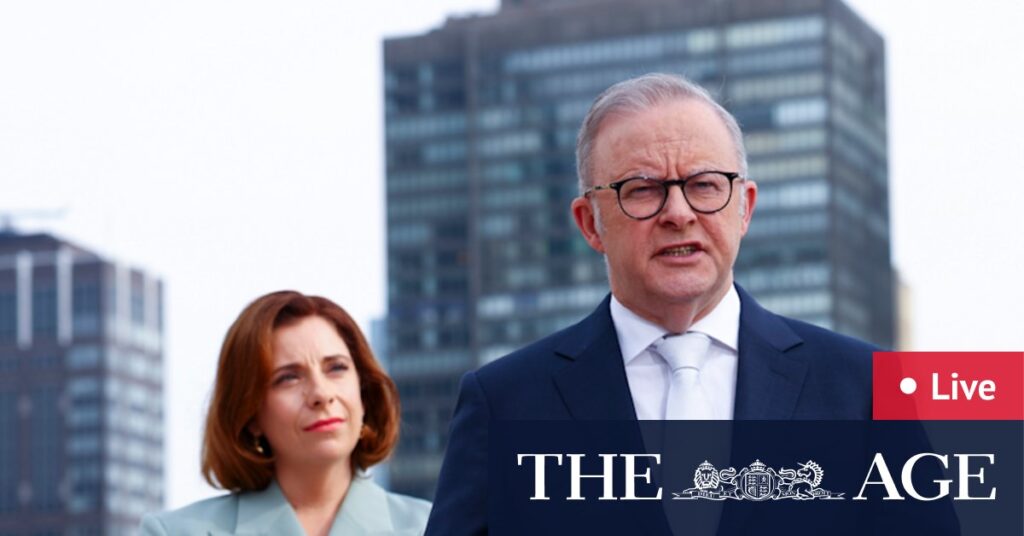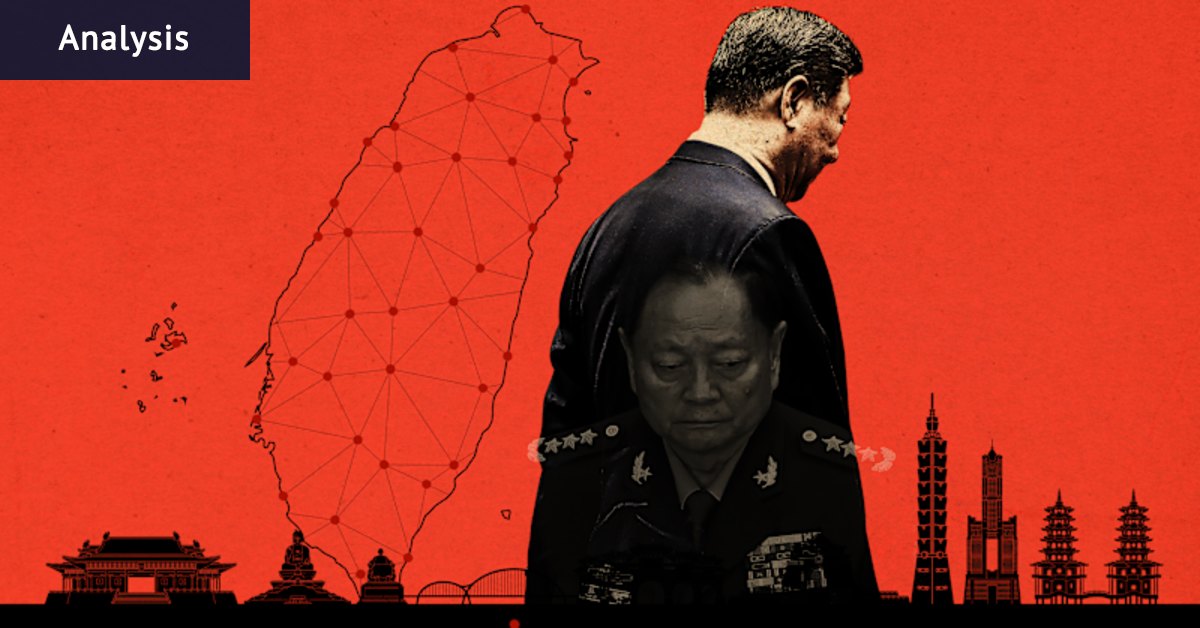
In a significant address at the United Nations General Assembly, Australian Prime Minister Anthony Albanese called for international cooperation to regulate social media platforms, emphasizing their role in spreading misinformation and fostering division. His appeal comes amid rising global concerns over digital security and the impact of social media on democratic processes. Meanwhile, Typhoon Ragasa has made a destructive landfall in China, causing widespread damage and prompting evacuations.
Albanese’s speech highlighted the urgency of addressing the challenges posed by social media, urging nations to unite in implementing stricter regulations. “We must not allow these platforms to undermine our democracies,” he stated, emphasizing the need for a collective response to a problem that transcends borders. His call to action reflects growing international discourse on the responsibilities of tech giants in curbing harmful content.
Australia’s Economic Landscape: A Year of Change
While Albanese was addressing global issues, back home, Australians were making consumer choices that reflected economic pressures. According to recent data, the sales of novelty sleepwear and pyjamas surged, while purchases of colorful school supplies declined. Premier Investments, the parent company of brands like Smiggle and Peter Alexander, reported a 0.9% increase in sales, reaching $812.2 million for the 2025 financial year. This growth was driven by a 7.7% increase in Peter Alexander’s sales, offsetting a 10.7% decline in Smiggle’s performance.
The decline in Smiggle’s sales was attributed to cost-of-living pressures, a sentiment echoed by Premier’s chairman, Solomon Lew. “This year has been both challenging and exciting,” Lew remarked, noting the company’s strategic pivot towards a high-margin, two-brand business model. The company also completed the sale of Apparel Brands to Myer, which contributed to a 31.1% rise in group profits, totaling $338.2 million.
Art and Politics: A Controversial Installation
In Washington D.C., a clandestine art installation depicting former U.S. President Donald Trump and the late financier Jeffrey Epstein was removed from the National Mall. The statue, titled “Best Friends Forever,” was created by a group known as The Secret Handshake. It featured life-sized figures of Trump and Epstein, sparking controversy and media attention before being dismantled by the U.S. Park Police for lacking the necessary permits.
This installation is part of a broader trend of using art to critique political figures, with similar incidents occurring in the past. The removal of the statue underscores the ongoing debate over public art and its role in political discourse.
Political Dynamics in Australia
Back in Australia, political tensions continue to simmer within the Liberal Party. Andrew Hastie, a prominent conservative frontbencher, addressed rumors about his potential challenge to Sussan Ley’s leadership. Hastie, known for his outspoken views on manufacturing and migration, denied any leadership ambitions. “I’m just being a little bolder in some of the policy positions that I think we should adopt,” he stated, emphasizing the importance of proactive policy-making to prevent further decline.
Meanwhile, Greens senator Sarah Hanson-Young criticized the government’s climate policies, particularly in light of former President Trump’s recent UN speech dismissing climate change as a “hoax.” Hanson-Young urged Australia to collaborate with other democracies to combat climate change, highlighting the urgency of the issue.
International Relations and Security Concerns
Prime Minister Albanese also addressed security concerns related to Iranian interference in antisemitic attacks in Australia. He condemned the Iranian regime’s involvement in orchestrating attacks on Jewish sites in Melbourne and Sydney, actions that led to the expulsion of the Iranian ambassador. “There is no place for antisemitism,” Albanese declared, reaffirming Australia’s commitment to international law and security.
Albanese’s speech at the UN emphasized the importance of a united international community in addressing global challenges. He advocated for Australia’s bid for a temporary seat on the UN Security Council and for hosting the next COP climate conference, underscoring the nation’s commitment to global cooperation on climate and security issues.
As the world grapples with these complex challenges, the need for collaborative solutions becomes increasingly apparent. Albanese’s call for unity at the UN highlights the critical role of international institutions in fostering peace and addressing the pressing issues of our time.







